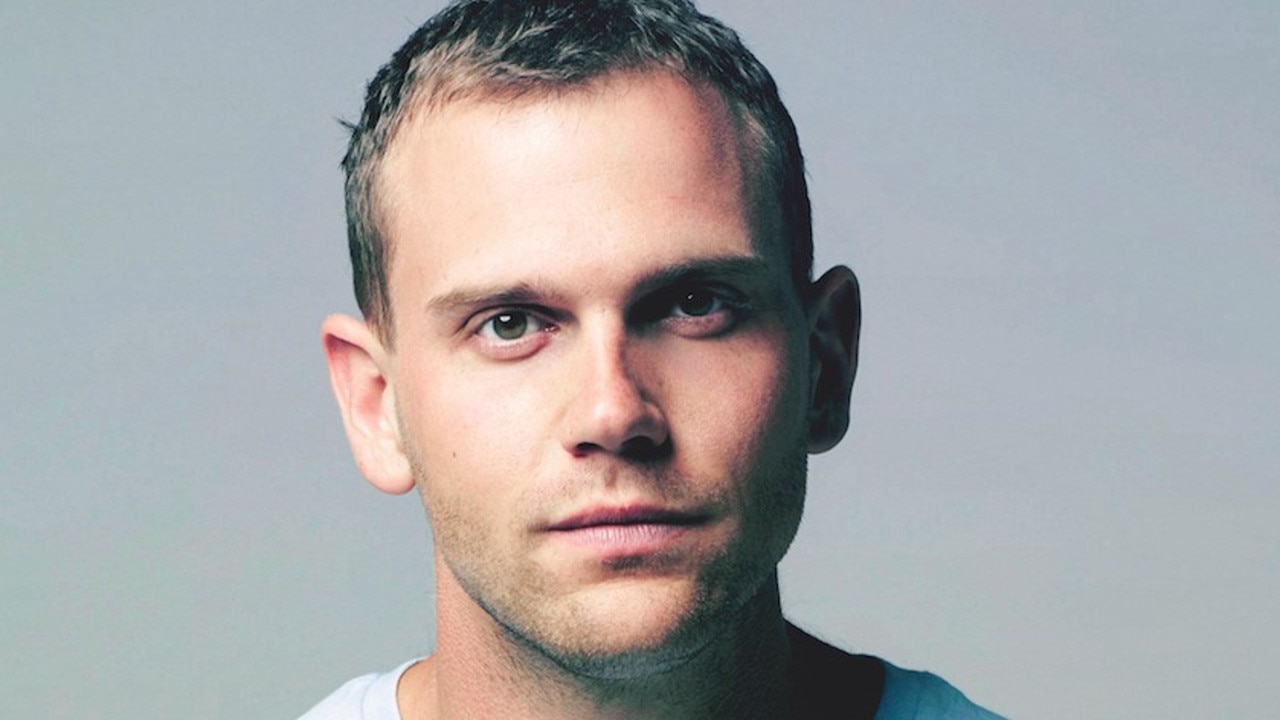Standardisation needed to unlock potential of crypto tech, Government says
IT’S supposed to be the tech that revolutionises industries but after spending hundreds of thousands of dollars to better understand it, the Government’s not sold.
IT’S the technology that everyone seems to think can change the world but precisely how the purported blockchain revolution will manifest itself remains unclear.
The distributed ledger technology known as blockchain shot to prominence last year during the frenzied rise of popular cryptocurrency bitcoin. Blockchain is the technology that underpins the so-called digital currency and allows users to trade with the knowledge that a decentralised record of transactions protected by sophisticated cryptography is maintained to protect all parties involved.
While bitcoin may have been a fad, blockchain was here to stay.
That remains the conventional thinking but it’s still going to be some time before blockchain disrupts industries, according to a government agency tasked with trying to better understand it.
After receiving $700,000 in funding to explore the technology, the Digital Transformation Agency (DTA) hasn’t found much of a use for it.
At the direction of former prime minister Malcolm Turnbull earlier this year, the agency was tasked with looking into potential uses of the technology for government agencies like
Home Affairs, ASIC and the Reserve Bank of Australia.
The agency pointed to the strong excitement surrounding blockchain but said it was “at the top of the hype cycle” and needed time to develop into a standardised technology.
In fact, such was the incredible hype around blockchain in recent months that all a publicly traded company needed to do was to put the term in its name and watch its stock price shoot up. But clearly, the cart was being put before the horse.
Speaking in a Senate estimates hearing on Tuesday morning, head of DTA Peter Alexander said in many use cases blockchain was inferior to existing technologies and systems used by government agencies.
“Our position today, and this is an early write-up, is that blockchain is an interesting technology that would be well worth being observed, but without standardisation and a lot more work, for every use of blockchain that you would consider today there is a better technology,” he said.
Blockchain is good for low-trust relationships, he noted, and is considered to have big potential in transactional payment and banking systems as well as systems that track inventory and the movement of goods.
Agencies including Border Protection and Centrelink could soon harness blockchain to track migration and hand out payments, but such adoption seems a long way off.
“We’re not saying that blockchain doesn’t have potential but today, without standardisation, there is the challenge of blockchain becoming a little fragmented. When we get to the standardised blockchain then the opportunities for it will grow,” Mr Alexander said.




